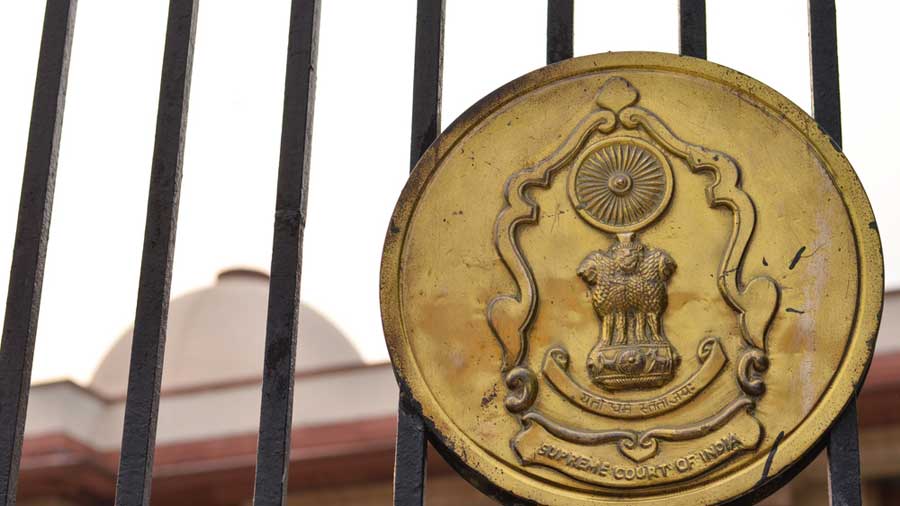Supreme Court on Wednesday said it will conduct from December 2 a “final hearing” on Tata Sons’ petition challenging the Shapoorji Pallonji Group’s decision to pledge its shares to a Canadian firm.
Tata Sons has contested the Mistry camp's move to pledge its holding on the ground that the articles of association of the holding company confer a right of first refusal to the Tata group.
The court also listed for final hearing the cross appeals filed by Tata Sons and Cyrus Investments against appellate tribunal NCLAT’s order which had restored Cyrus Mistry as the executive chairman of Tata Sons.
“We will post the matter for final hearing,” Chief Justice of India S.A. Bobde, heading a three-judge bench, told senior advocates Harish Salve and Aryama Sundaram appearing for the Tata and Pallonji groups, respectively.
Though Sundaram tried to make certain references to the additional affidavit filed by the Pallonji group, the CJI cut short the arguments saying: “We have kept the matter for final hearing on December 2, why do you keep filing additional affidavits? Will everything not be covered in final hearing?”
The bench includes Justices A.S. Bopanna and V.Ramasubramanian.
In effect, the court will commence an elaborate hearing from December 2 on the rival claims, which is expected to spill over for several days before a final verdict is passed.
Tata Sons has challenged the Pallonji Group’s agreement with Canada-based Brookfield to raise Rs 3,750 crore by pledging Tata Sons shares on the ground that the Articles of Association (AoA) of the Tata’s restrict Pallonji Group from transferring shares without allowing Tata Sons the right of first refusal.
However, the Pallonji Group is opposing Tata Sons’ plea on the ground that pledging of shares is not the same as that of transferring absolute ownership of shares to the Canadian firm. On September 22, the bench had directed the Pallonji group to maintain “status quo” with regard to transfer or pledging of its shares in Tata Sons.
Both the parties had agreed to abide by any orders passed by the top court on the issue but wanted an early resolution of the dispute.










